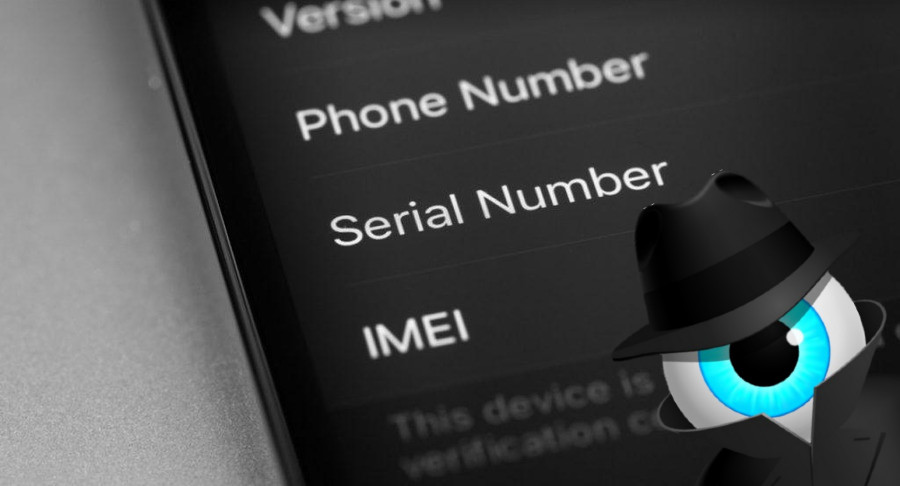Authorities Reconsider Creation of a Unified IMEI Database
The Federal Security Service (FSB) has recommended that the Ministry of Digital Development (MinTsifry) develop a prototype of a centralized database of IMEI codes for mobile devices and prepare the necessary legal framework for its implementation, according to two sources in the government cited by Kommersant. The FSB believes this measure would “increase the effectiveness of operational and investigative activities” and help prevent crimes involving mobile phones.
The Ministry of Digital Development confirmed to the publication that it had received the FSB’s recommendations and supports them. The ministry is currently working on next steps, including conducting research and development activities. Kommersant has also sent an inquiry to the FSB for further comment.
Previously, lawmakers discussed a bill that would require importers or Russian citizens who purchased smartphones abroad to register them for a fee. The Central Research Institute of Communications (TsNIIS) was expected to maintain the IMEI database. The idea of a unified IMEI database has been proposed multiple times by various officials and discussed within the government, but it was previously promoted as a way to combat illegal imports of devices.
Kommersant notes that the original justification for the database has lost relevance due to the ability to block stolen phones on iOS and Android devices via the internet, as well as the legalization of parallel imports.
Linking Phones to Owners
Denis Kuskov, CEO of Telecom Daily, explained to Kommersant that law enforcement is interested in the ability to “clearly associate a phone and SIM card with its owner.” He noted, “No matter how hard the government tries, SIM cards can still be purchased from individuals without a passport.”
Aleksey Zakharov, Deputy Director for Science at TsNIIS, said the institute continues to research IMEI codes on its own initiative. According to him, a pilot project in 2019 demonstrated that it is possible to implement a system in which phones with codes not registered in the database would not be able to access networks.
Potential Impact on Journalists and Activists
The Bell reports that such a database would not only help fight theft and fraud, but would also give security services the ability to “more quickly block basic phones used as backups by journalists, lawyers, and human rights activists.”



